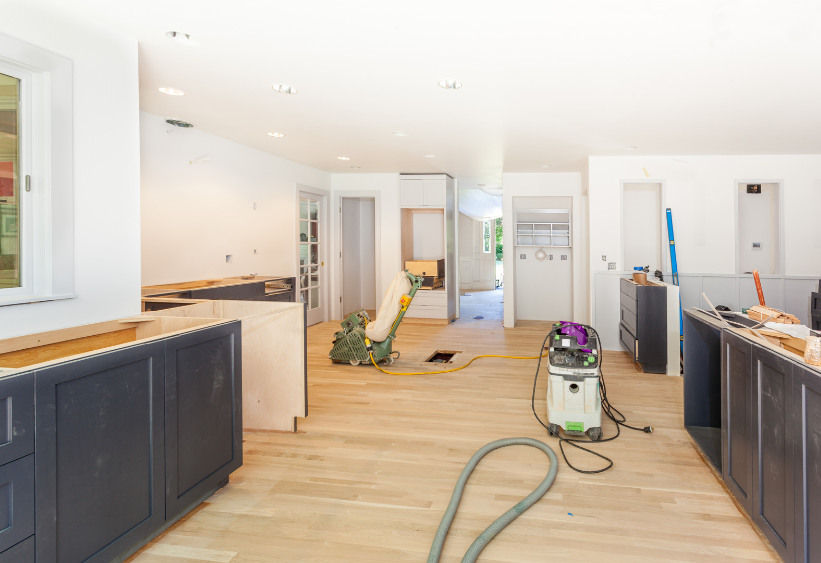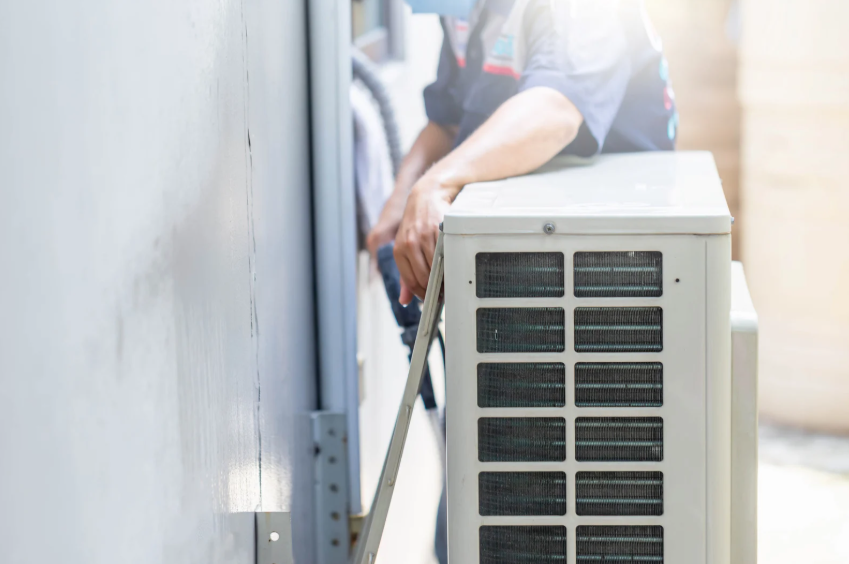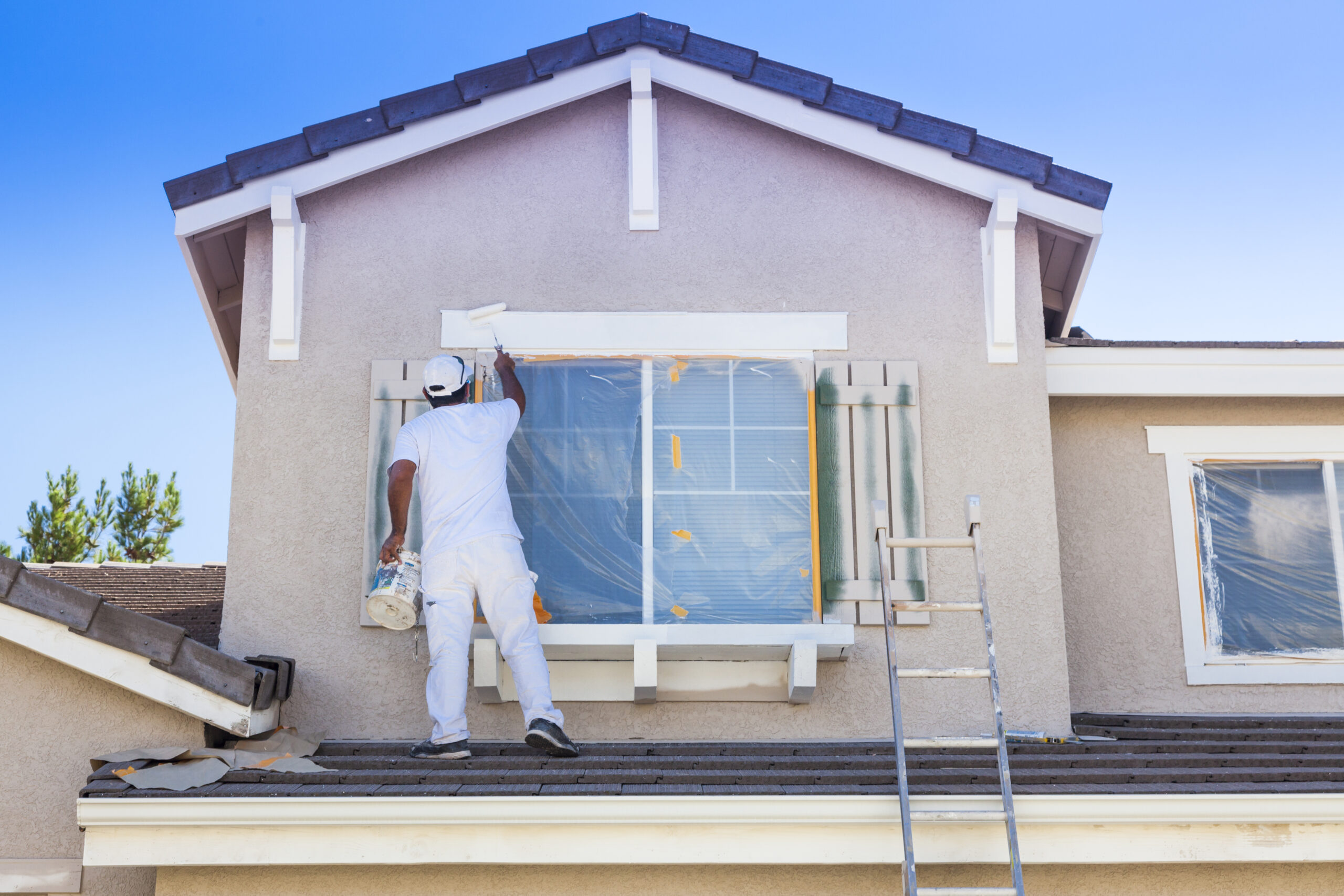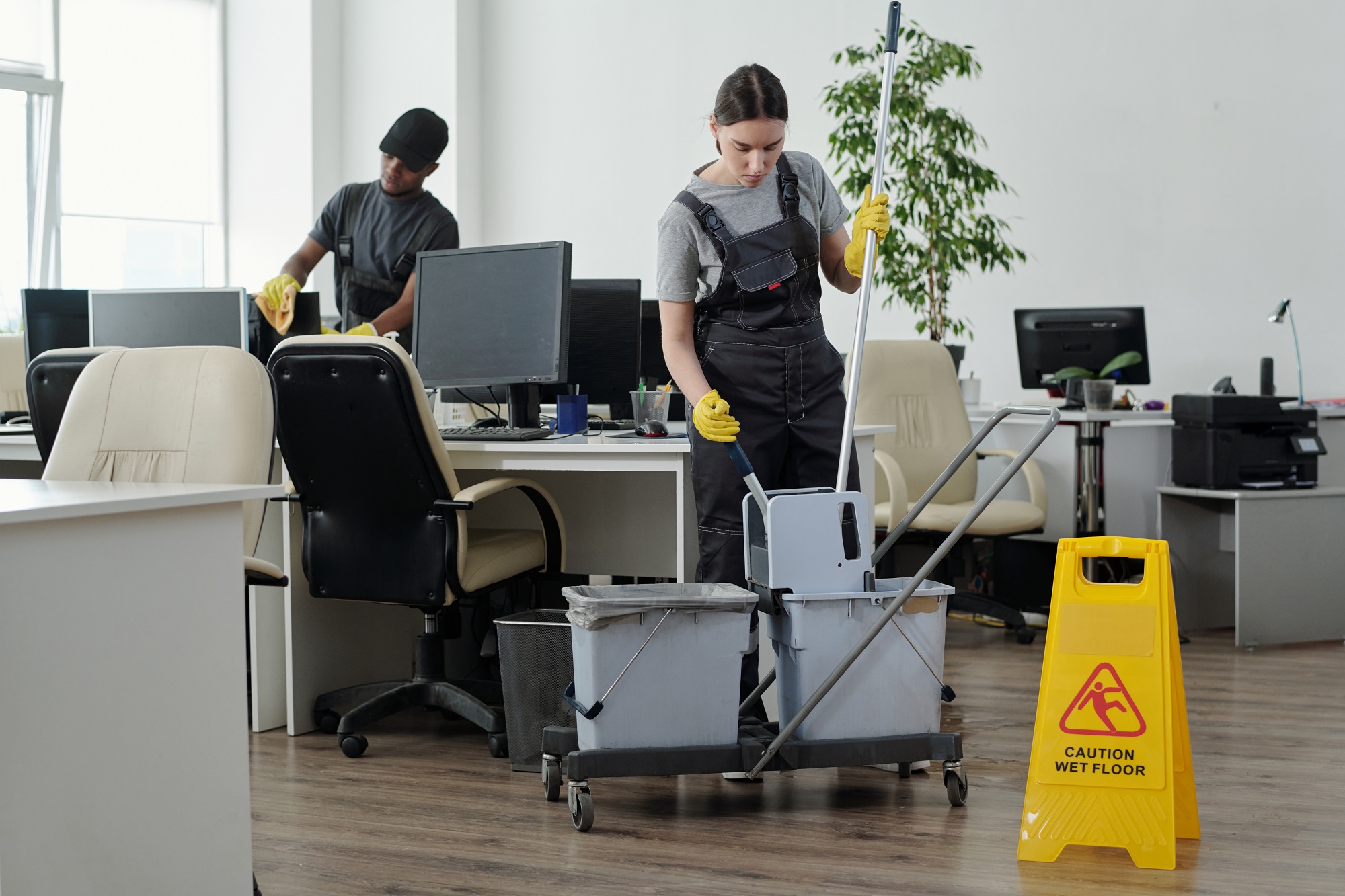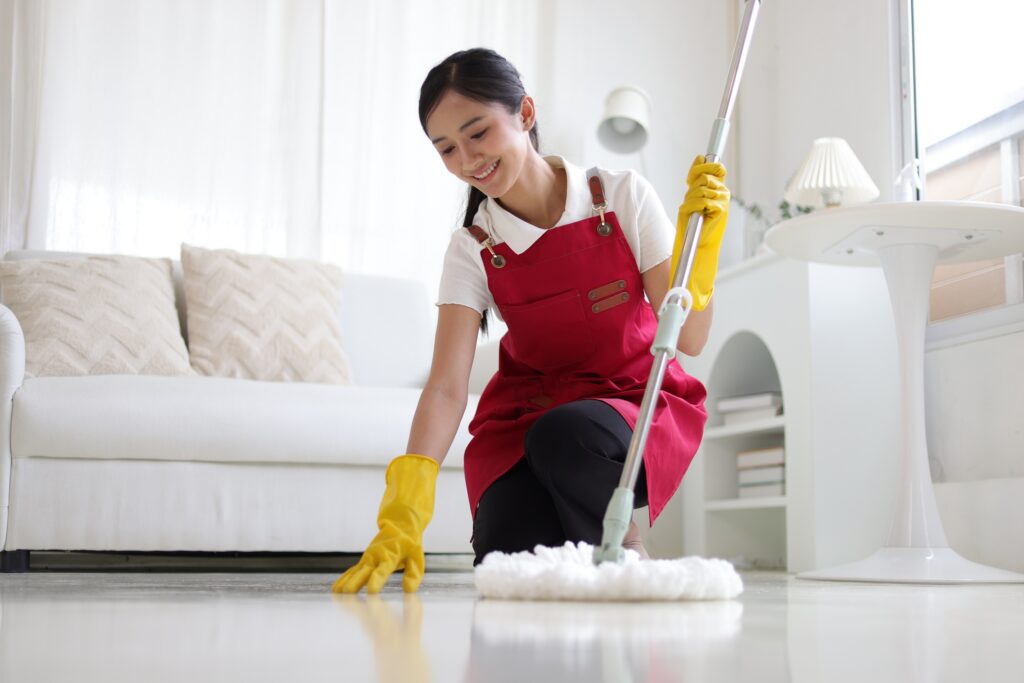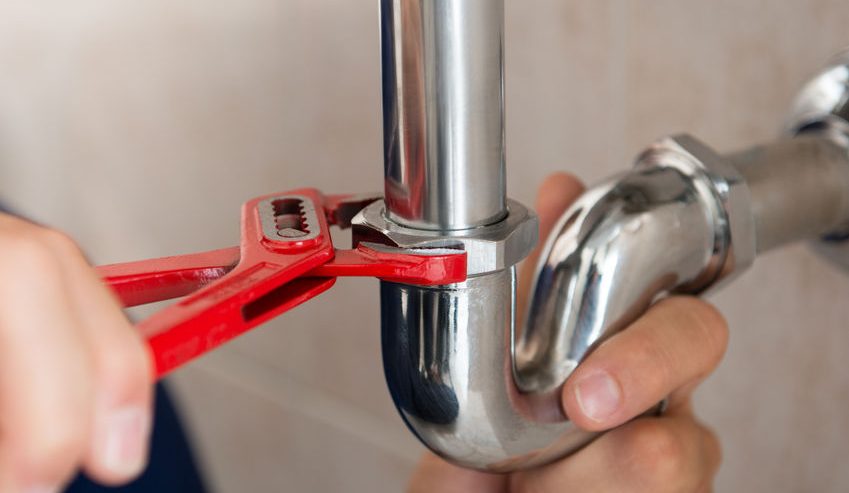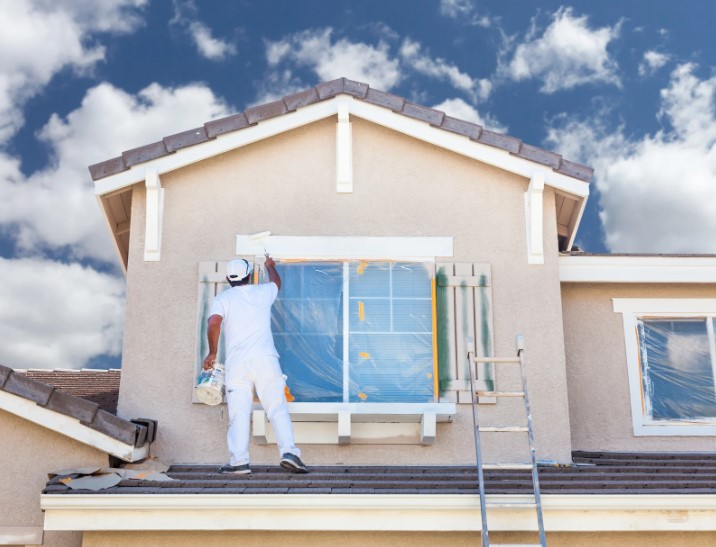Maintaining a clean kitchen floor is crucial for both hygiene and aesthetics. One key aspect of kitchen floor maintenance is descaling, which involves removing mineral build-up and stains. Adopting eco-friendly methods for kitchen floor descaling not only ensures a spotless surface but also supports environmental sustainability. By choosing green solutions for kitchen floor descaling, you can achieve a pristine floor while minimizing harmful impacts on the environment and your health.
Understanding Kitchen Floor Scaling
Kitchen floor scaling is the accumulation of mineral deposits and stains that can make your floors look dirty and worn. Scaling often results from hard water, spills, and general use, leading to unsightly build-up that requires regular attention. Kitchen floor descaling helps to restore the appearance of your floors and ensures a hygienic cooking environment. Understanding the causes and effects of scaling is crucial in selecting the appropriate methods and products for effective kitchen floor descaling.
Why Choose Eco-Friendly Descaling Methods?
Opting for eco-friendly descaling methods for your kitchen floor brings numerous benefits. Green solutions reduce exposure to harsh chemicals, which can be harmful to both your health and the environment. Moreover, eco-friendly kitchen floor descaling products have a lower environmental footprint, making them a sustainable choice. Unlike conventional descaling agents that often contain harmful substances, green products ensure a cleaner and healthier living space. Embracing sustainable cleaning practices not only helps in maintaining your kitchen floor but also contributes to broader environmental protection efforts.
Eco-Friendly Descaling Solutions for Different Floor Types
Ceramic and Porcelain Tiles
For ceramic and porcelain tiles, kitchen floor descaling can be achieved effectively with eco-friendly products. Vinegar and baking soda are excellent homemade descaling solutions for these surfaces. To use, mix equal parts vinegar and water with a small amount of baking soda to create a powerful yet natural cleaner. Apply the mixture to the affected areas, scrub gently, and rinse thoroughly. This method not only cleans but also protects your tiles from chemical damage.
Vinyl and Linoleum Floors
When it comes to vinyl and linoleum floors, choosing natural descaling methods is essential. Citric acid solutions work well as eco-friendly descalers for these types of floors. Combine a few tablespoons of citric acid with warm water and apply the solution to the scaled areas. Allow it to sit for a few minutes before scrubbing with a soft brush or cloth. This method effectively removes build-up while being gentle on your floors.
Stone Floors (e.g., Granite, Marble)
Stone floors, such as granite and marble, require a different approach for kitchen floor descaling to prevent damage. Mild soap mixed with water is an ideal eco-friendly solution for these surfaces. Avoid using acidic cleaners, as they can erode natural stone. Clean your stone floors by applying the soapy water with a soft cloth or mop, then rinse and dry thoroughly. Regular, gentle cleaning helps maintain the stone’s natural beauty without the need for harsh chemicals.
DIY Eco-Friendly Descaling Recipes
Creating your own eco-friendly descaling solutions for kitchen floor maintenance is simple and cost-effective.
- Vinegar and Baking Soda Mixture: Combine one cup of vinegar with two tablespoons of baking soda in a bowl. This mixture can tackle tough stains and mineral build-up. Apply it to the scaled areas, let it sit for a few minutes, then scrub and rinse.
- Lemon Juice and Water Solution: Mix half a cup of lemon juice with one cup of water. Lemon’s natural acidity helps break down mineral deposits while leaving a fresh scent. Apply this solution to your floors, scrub gently, and rinse with clean water.
- Essential Oil-Based Cleaners: For a pleasant fragrance and effective cleaning, add a few drops of essential oils like lavender or tea tree oil to a vinegar-water solution. This combination provides a natural descaling action while adding a touch of aromatherapy to your kitchen floor descaling routine.
Tips for Maintaining Pristine Floors
To keep your kitchen floor pristine, regular maintenance is key. Prevent scaling by promptly cleaning up spills and stains. Implement a routine cleaning schedule to avoid excessive build-up and ensure consistent kitchen floor descaling. Additionally, using protective mats in high-traffic areas can reduce the accumulation of grime. These practices help preserve the cleanliness and appearance of your floors over time.
Eco-Friendly Cleaning Tools and Products
Selecting sustainable cleaning tools and products enhances your kitchen floor descaling efforts. Opt for reusable microfiber cloths and bamboo brushes that are both effective and environmentally friendly. Consider eco-friendly brands for cleaning agents that are free from harmful chemicals. When choosing tools and products, look for certifications and labels that indicate their green credentials, ensuring that your kitchen floor descaling process aligns with your commitment to sustainability.
Takeaway
Eco-friendly kitchen floor descaling is an effective way to maintain a spotless and sustainable kitchen environment. By choosing green cleaning methods and products, you contribute to a healthier home and a healthier planet. Start incorporating these eco-friendly descaling techniques today and enjoy a pristine kitchen floor that reflects your commitment to both cleanliness and environmental responsibility. Share your experiences and tips for green cleaning to inspire others to adopt eco-friendly practices in their own homes.

